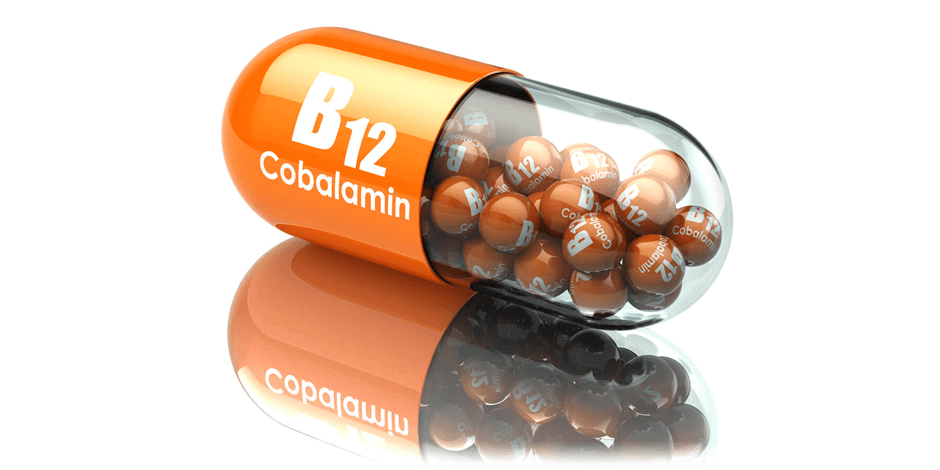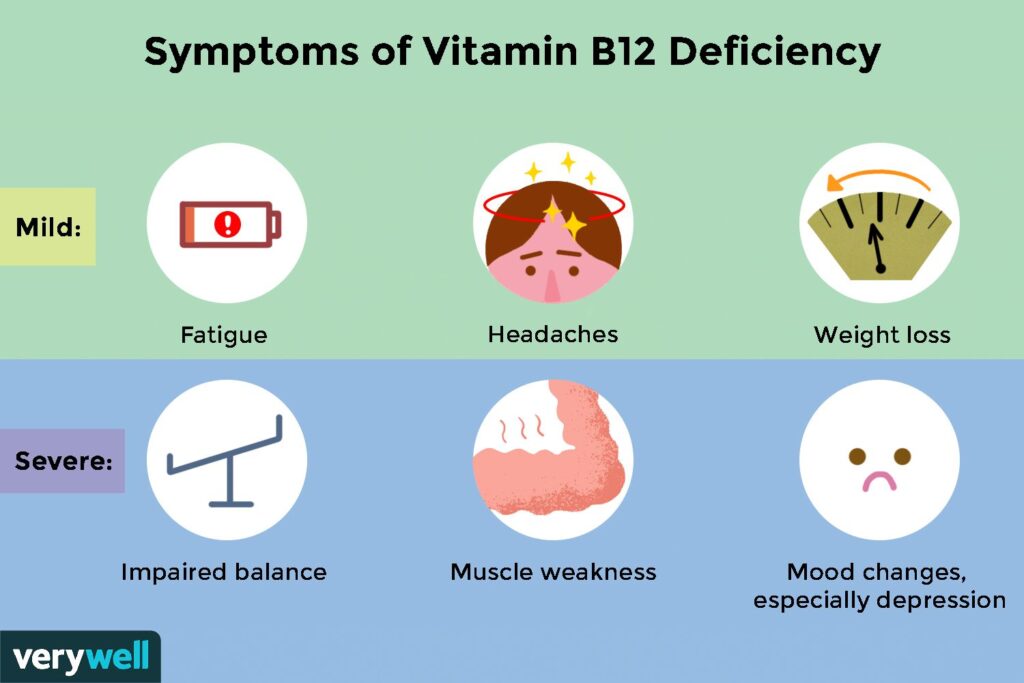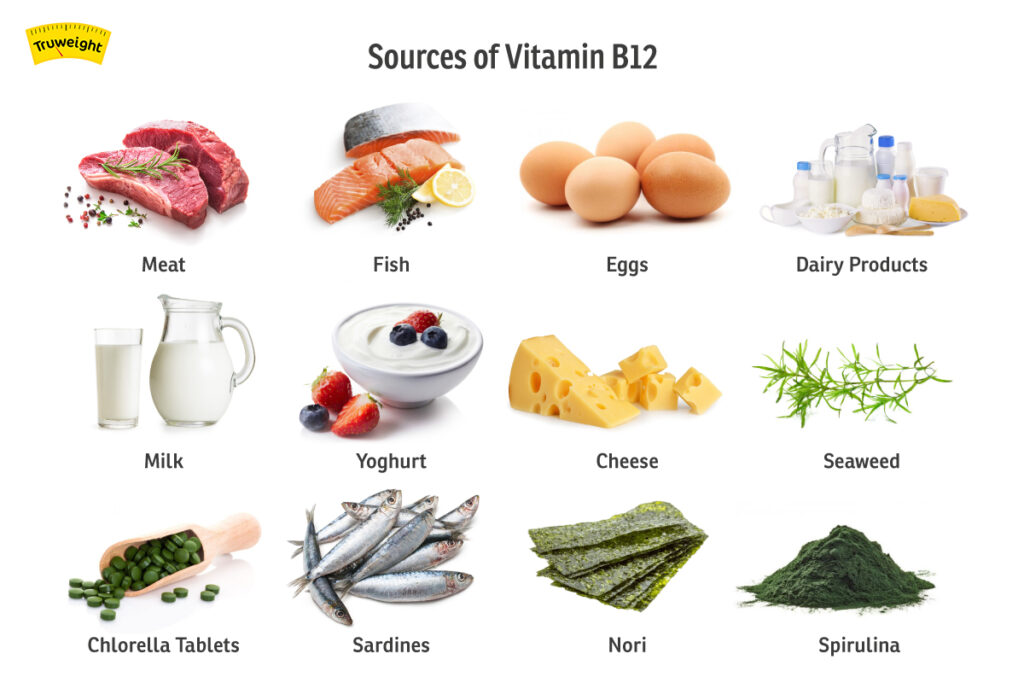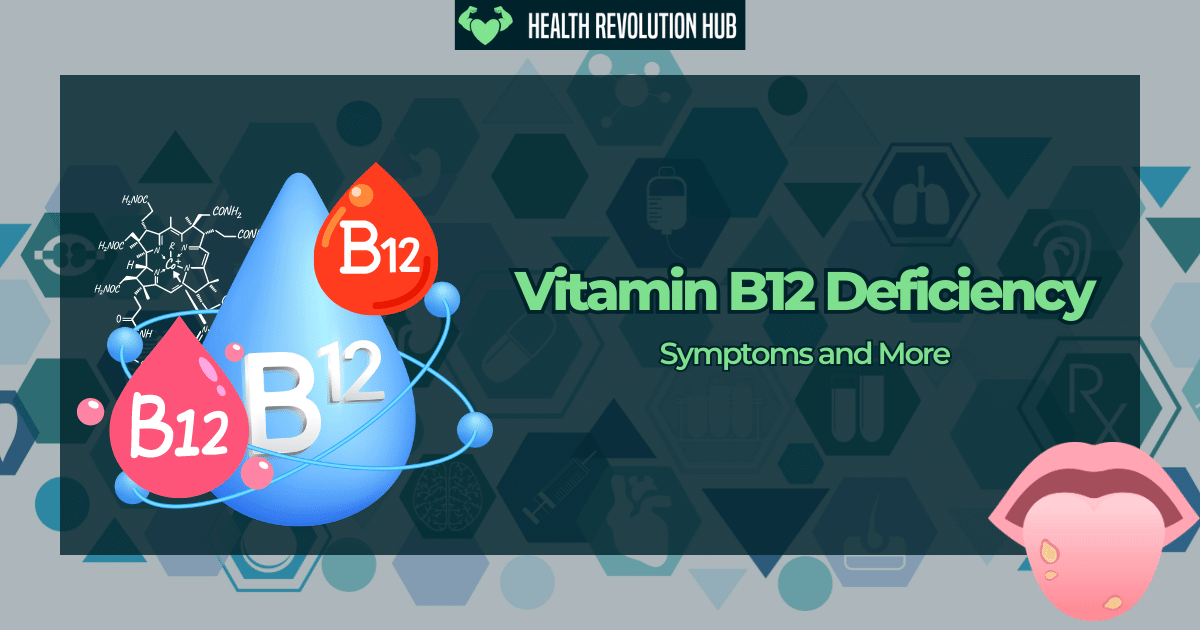Welcome to our blog post on Vitamin B12 deficiency! In today’s fast-paced world, it’s important to make sure we’re taking care of our bodies by getting all the essential nutrients we need. One of those crucial nutrients is Vitamin B12. In this article, we will explore the symptoms of Vitamin B12 deficiency and highlight the importance of maintaining adequate levels for your overall well-being.
What is Vitamin B12 deficiency?

Vitamin B12, also known as cobalamin, is an essential vitamin that plays a vital role in the production of red blood cells, DNA synthesis, and the proper functioning of the nervous system. Our bodies cannot produce Vitamin B12, so it is important to obtain it from external sources such as animal-based foods like meat, fish, and dairy products or supplements.
Vitamin B12 deficiency occurs when the body doesn’t get enough of this important nutrient. This can lead to a variety of symptoms that affect different aspects of our health.
Recognizing the Symptoms of Vitamin B12 Deficiency

Fatigue and Weakness
Feeling more tired than usual, experiencing weakness in your muscles, or lacking energy to perform daily tasks could be signs of Vitamin B12 deficiency. This happens because Vitamin B12 is involved in the production of red blood cells, which carry oxygen to various parts of the body. Without enough Vitamin B12, the body may not produce an adequate number of red blood cells, leading to fatigue and weakness.
Pale or Jaundiced Skin
A pale or yellowish skin tone may indicate a Vitamin B12 deficiency. When the body lacks this essential nutrient, it affects the production of red blood cells, which can lead to a reduced amount of oxygen delivered to the skin. As a result, the skin may appear paler or even develop a yellowish tint known as jaundice.
Nerve Problems and Tingling Sensations
Vitamin B12 is crucial for maintaining a healthy nervous system. Therefore, a deficiency in this vitamin can cause nerve-related problems. Numbness, tingling sensations, or a “pins and needles” feeling in the hands, legs, or feet may be indications of Vitamin B12 deficiency. If you experience such symptoms, it’s important to consult with a healthcare professional for further evaluation.
Cognitive Difficulties and Mood Changes
Research has shown a link between Vitamin B12 deficiency and cognitive impairments. Memory problems, difficulty concentrating, confusion, or even depression and irritability can be related to insufficient levels of Vitamin B12. Ensuring an adequate intake of this vitamin may contribute to better brain function and an improved mood.
Digestive Issues
Some individuals with Vitamin B12 deficiency may experience digestive problems like diarrhea, constipation, or loss of appetite. These symptoms, along with others mentioned above, can have a significant impact on our overall well-being and quality of life.
Taking Action and Seeking Help
If you suspect you may have a Vitamin B12 deficiency or are experiencing any of the symptoms mentioned, it’s essential to consult with a healthcare professional. They can assess your symptoms, conduct necessary tests, and provide appropriate guidance and treatment options.

In the case of a confirmed deficiency, your doctor may recommend dietary modifications, including adding more B12-rich foods to your diet, or prescribe Vitamin B12 supplements to restore and maintain adequate levels. It is important to follow their advice and take any prescribed supplements as directed to ensure optimal health.
In Conclusion
Vitamin B12 plays a crucial role in various bodily functions, and a deficiency in this essential nutrient can lead to a wide range of symptoms, including fatigue, pale skin, nerve problems, cognitive difficulties, and digestive issues. Recognizing these symptoms is key to taking action and seeking appropriate help.
To maintain healthy Vitamin B12 levels, make sure to include foods rich in this nutrient in your diet, such as meat, fish, eggs, and dairy products. If you follow a plant-based diet or have other dietary restrictions, discuss alternative options with a healthcare professional to ensure you are meeting your body’s needs.
Taking care of your nutritional needs is essential for your overall well-being, so pay attention to your body, listen to its signals, and prioritize a balanced diet and healthy lifestyle. Your body will thank you for it!
Learn more about vitamin b12 in Vitamin B12: Everything You Need to Know
[Sources]








